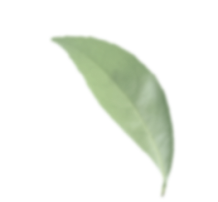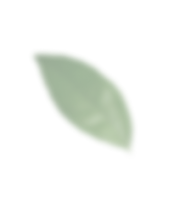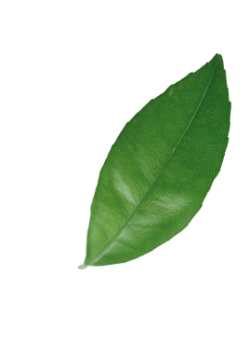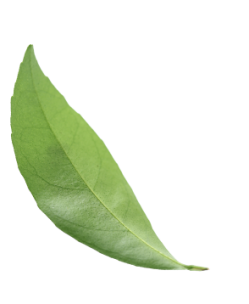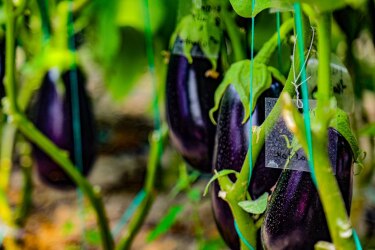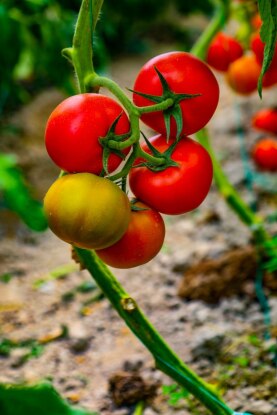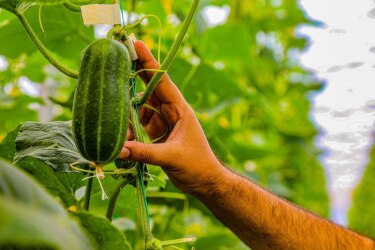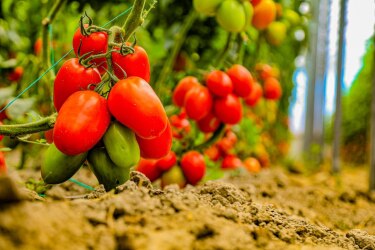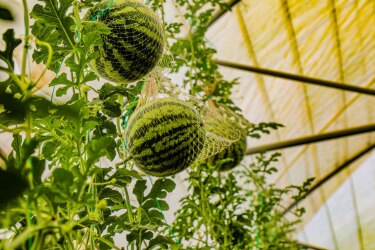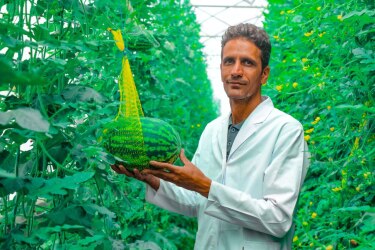Production and trade of summer hybrid seeds is one of the necessities of the country's self-sufficiency. At the same time, banning or restricting the import of seeds will not be a suitable solution to support seed production in the country.
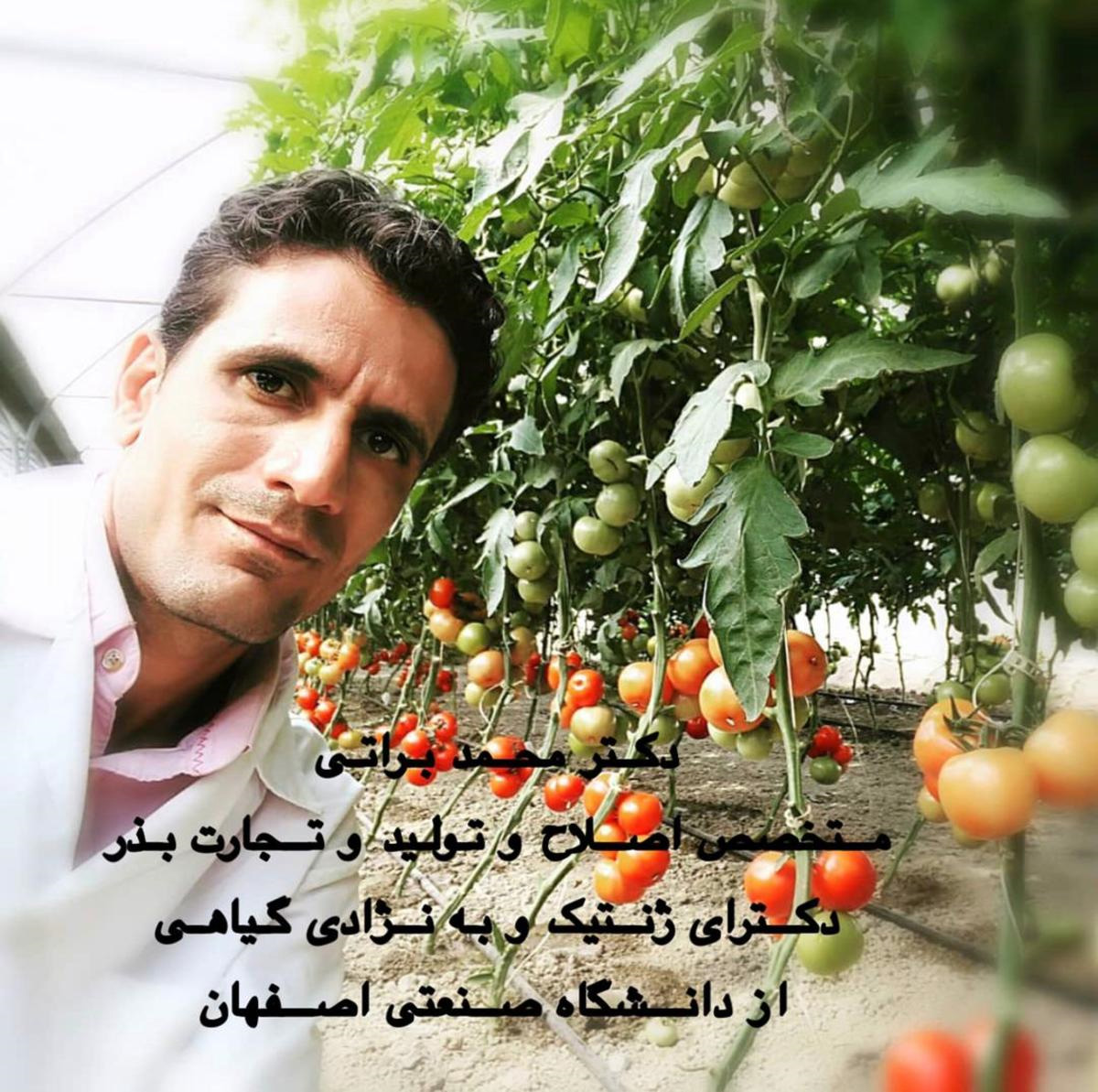
Economic Group - Azadeh Rezaei Kalantari: Seed production is one of the basic issues related to food production and self-sufficiency of any country. The most important seeds that are cultivated in the world in relation to agricultural and summer plants are: hybrid seeds, free pollinated seeds (standard) and pure lines. A hybrid seed is a seed that results from crossing or pollination between two pure lines (or maternal and paternal parent).
According to Bulletin News, the production and trade of hybrid seeds in the world is more than a hundred years old, and currently the production of hybrid seeds is mainly in the hands of American-European multinational companies, Dutch, Spanish and European companies, although recently countries such as China , Japan and India and South American countries have made significant progress in the production of hybrid seeds. On the other hand, in our region, Turkey, which until a few years ago was dependent on the import of summer seeds, by adopting correct policies and partnering with large foreign seed companies, is now one of the producers and exporters of hybrid seeds.
Mohammad Barati, Ph.D. in genetics and plant breeding, specialist in breeding, production and trade of hybrid seeds of Safi Jat, says: Hybrid seed production and trade is important for private companies in 3 ways. First, the hybrid seed is exclusive to the producing company, and no other person or company can create it through similar seeding. Second, hybrid cultivars usually have high performance and stability due to a genetic phenomenon called heterosis. Thirdly, hybrid cultivars have very high uniformity.
Hybrid seeds have a very high price compared to other types of seeds due to the positive characteristics that have been mentioned, and therefore the production and trade of hybrid seeds is known as one of the most profitable and special businesses in the world. On the other hand, the hybrid seed production process is very complicated, time-consuming and costly, and requires high expertise and creativity. It takes an average of ten years to produce hybrid seeds of summer crops, which can be reduced to six years with some methods. For the production of hybrid seeds, different specialties are needed, including plant breeding, plant nutrition, seed technology, plant pathology specialist, plant pest specialist, biotechnology specialist, agriculture (or horticulture) specialist, etc. For this reason, investment in the field of hybrid seed production is very unique and special.
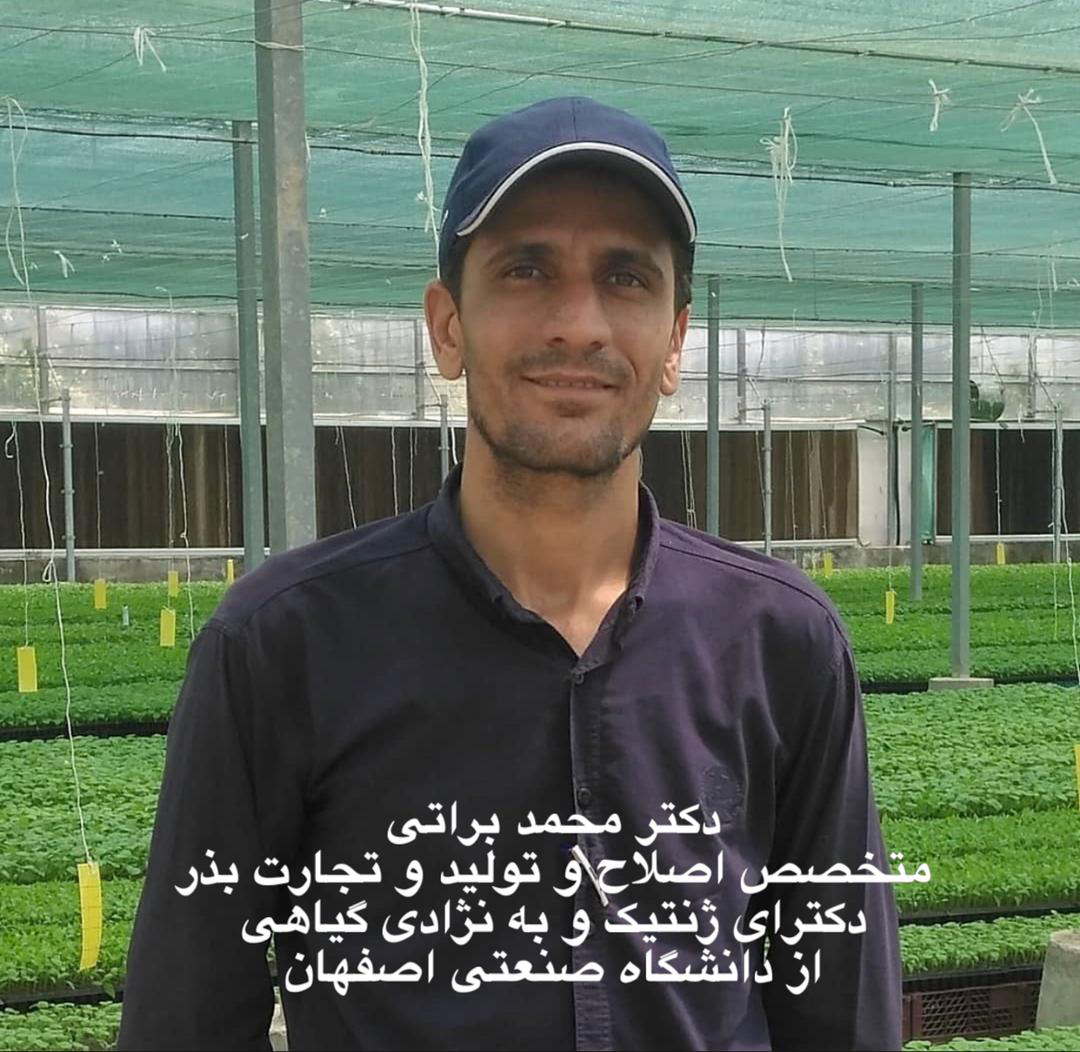
This researcher of the seed breeding department and agricultural activist states; The country of Iran is very important in terms of the production of summer crops in greenhouses and outdoors, and Iran is one of the major producers of summer crops such as tomatoes, watermelons, melons and melons, eggplants and onions. Currently, there are about 15 thousand hectares of summer greenhouses in Iran, and this is because in the plan for the development of greenhouse crops by 1408, the cultivated area of greenhouses will reach more than 3 times the current amount. Therefore, summer hybrid seeds such as parthenocarp cucumbers, tomatoes, peppers, eggplants, watermelons, melons, and onions have a very significant turnover.
The production of hybrid seeds in crops such as corn, sugar beet, etc. has been done in Iran for many years. On the contrary, in connection with the hybrid seeds of Safi Jat, until 4 years ago there was 100% dependence on the import of hybrid seeds. About ten years ago, several government research centers and a limited number of knowledge-based private companies have started working in the field of hybrid seed production in greenhouses, and since 2016, parthenocarp greenhouse hybrids have occupied a very small part of the market for this product. . Currently, only in connection with greenhouse cucumbers, less than ten percent of hybrid seeds consumed in greenhouses are produced inside the country, and in connection with other summer crops such as peppers, tomatoes, eggplants, watermelons, melons, onions, etc. Almost 100% of hybrid seeds are still imported from abroad. Companies such as Seminis, Syngenta, Regzvan, HM Close, Enzazaden, etc. have occupied most of Iran's hybrid seed market.
He, who is a graduate of Isfahan University of Technology, says: After the success of knowledge-based companies in the field of hybrid seed production in the country, investment in the field of hybrid seed production by private and private organizations has grown significantly in Iran in the last few years. And now more than 10 private organizations or private companies have started to operate in this field. This issue will show the remarkable progress of hybrid seed production in Iran in the coming years, which will boost the employment of graduates and agricultural specialists, as well as prevent the withdrawal of a significant amount of foreign currency for seed import. And they don't produce seeds in Iran and buy parental lines from foreign companies and reproduce seeds from parental lines in Iran. Although the import of parent lines has short-term income and benefits for the company and the country, it will never meet the country's seed needs in the long-term and will not have any effect on reducing dependence on foreign countries.
The point that should be noted is that banning or restricting the import of seeds will not be a suitable solution to support the production of seeds in the country and if this mistake happens, the summer farming industry in the country will be challenged in the long term. will eat The only way to support seed production in the country is to provide low-interest facilities with long-term repayment, as well as providing the necessary infrastructure and laboratory facilities to seed production companies inside the country.




